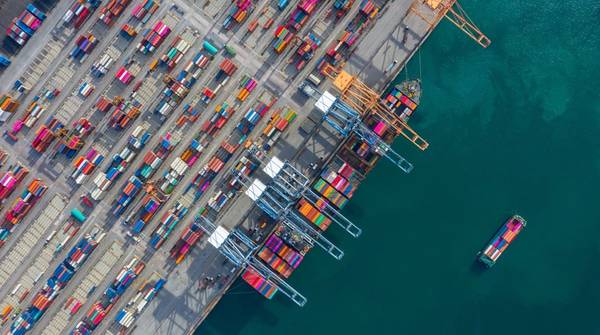
Freight volumes in the Port of Rotterdam fell 6.9% in 2020 because of the coronavirus crisis, the biggest drop in about a decade but smaller than had been expected, Europe’s largest sea port said on Friday.
The port's Chief Executive Allard Castelein told reporters he expected a recovery that began in the second half of 2020 to continue this year but said throughput was not expected to reach pre-crisis levels in 2021.
The fall in traffic in 2020 was the largest since 2009, taking throughput down to levels last seen in 2011, he said.
Traffic took a big hit in the first phase of the pandemic, as trade, particularly with China, almost came to a halt and the port had warned about a possible 20% drop in traffic for the whole year.
But trading improved during the second half of the year, even as many economies went back into lockdown, so the impact from COVID-19 was not as big feared during the whole period.
Overall, trade volumes fell in all segments last year, with the largest decreases in iron ore, coal, crude oil and mineral oil products, the port said.
The amount of goods brought to Rotterdam in containers only fell 1% as home-bound consumers flocked to online shopping.
(Reporting by Bart Meijer; Editing by Edmund Blair)


